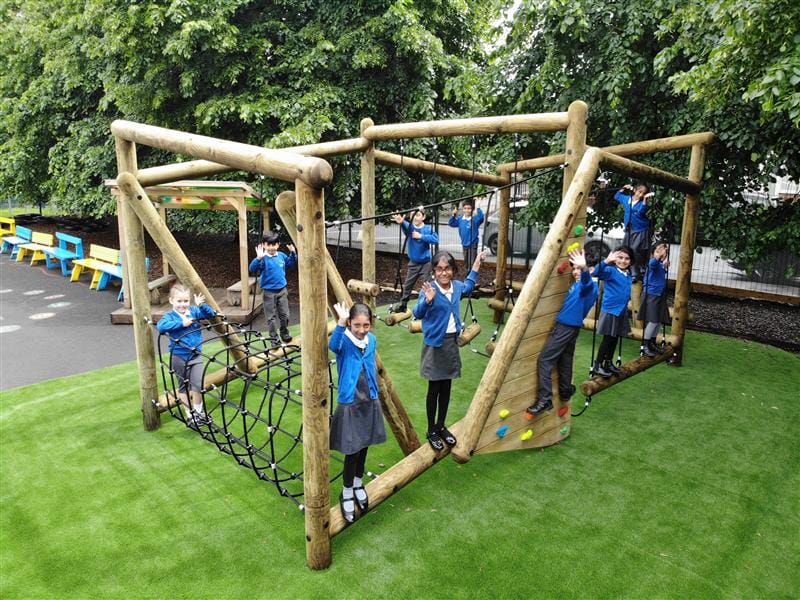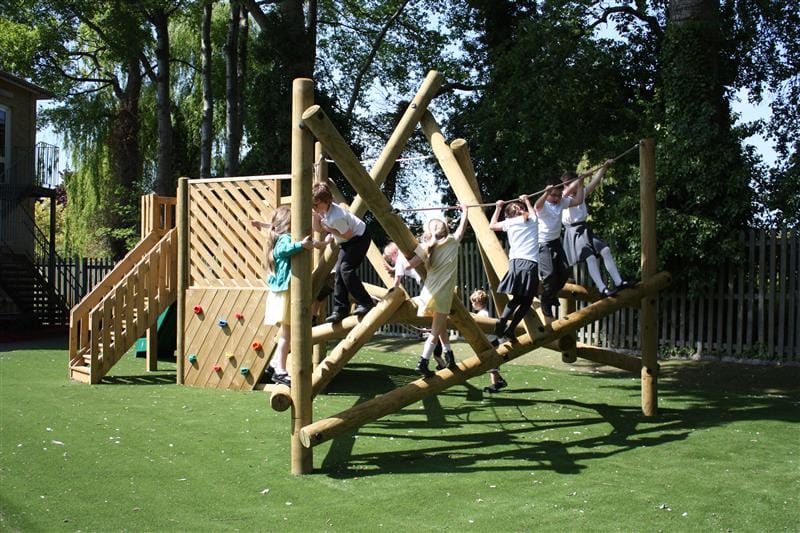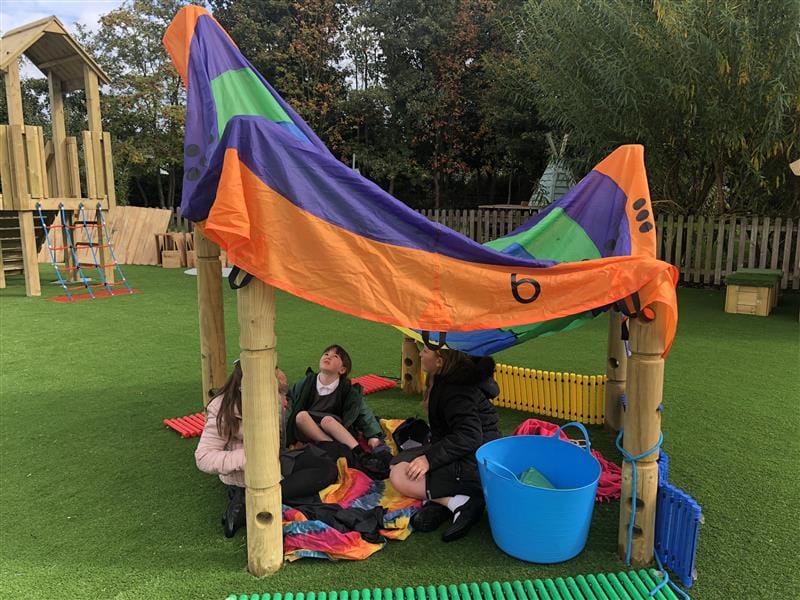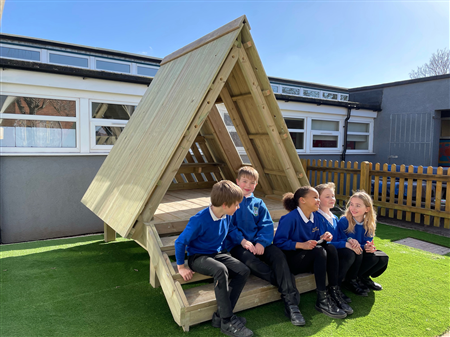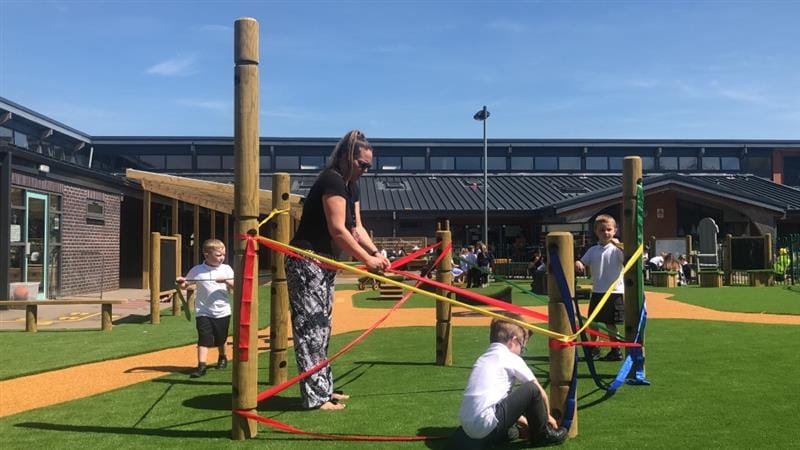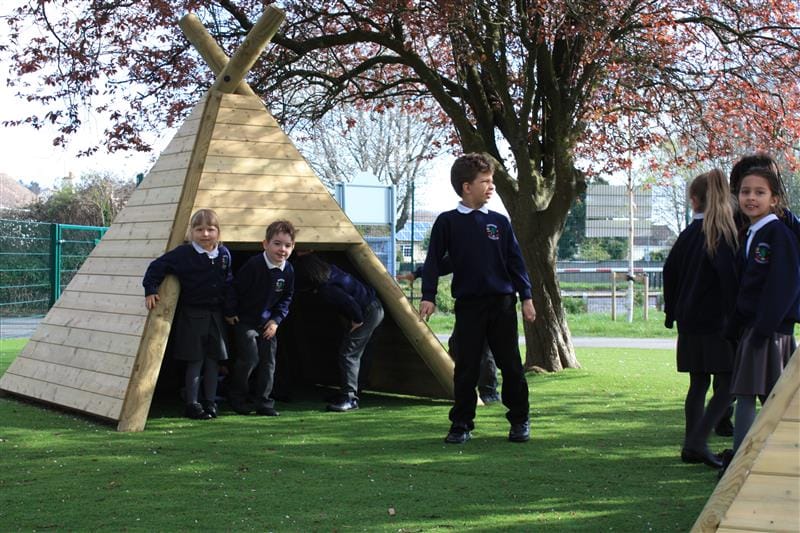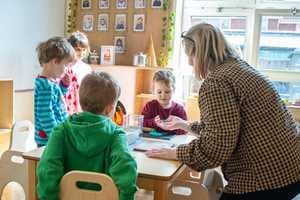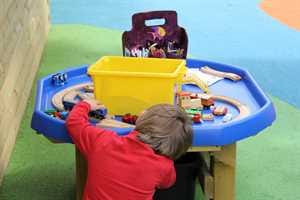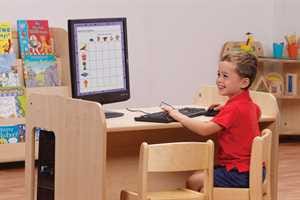
Children's Health
Junior Outdoor Escape - Unleashing Their Imaginations and Claiming Back Play!
There are many ways in which our children are experiencing a very different childhood to that of previous generations - and on the whole this is a good thing! No rose-tinted spectacles here!
However, the restrictions brought about by the global pandemic and a series of lockdowns are having a huge impact on childhood right now.
One of the things that stands out most of all is the effect this has continued to have on their freedom to do one of the very things that, as children, they really need to do most of all - play.
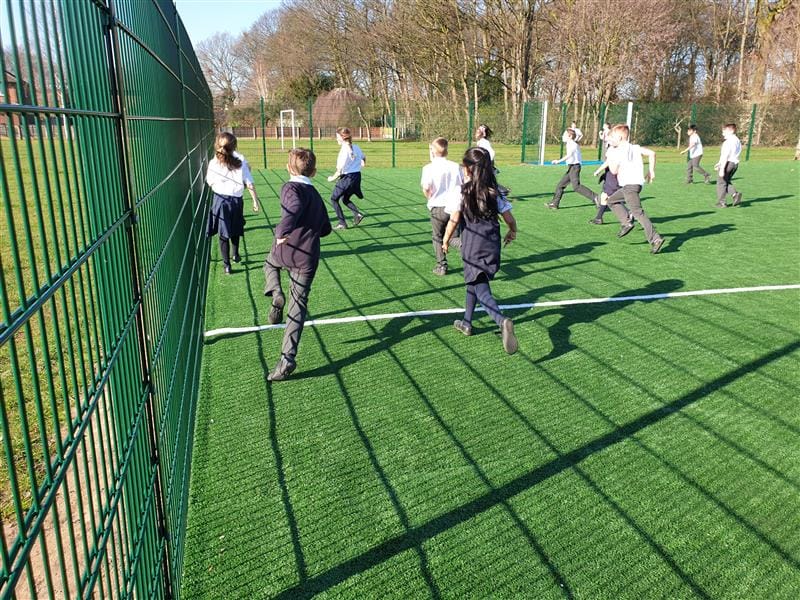
The pandemic now clearly tops the ‘blacklist’ of barriers to creative, outdoor play that once centred around screen time, too many scheduled activities, concerns about sun exposure, increased traffic on the roads and a lack of safe outdoor spaces to play.
And while the debate goes on about possible measures to support children’s recovery following the pandemic disruption, education experts and child psychologists across the UK are sounding the alarm bells as evidence grows that free play, both at school and in the home, is being overlooked in favour of more academic and organised sporting activities.
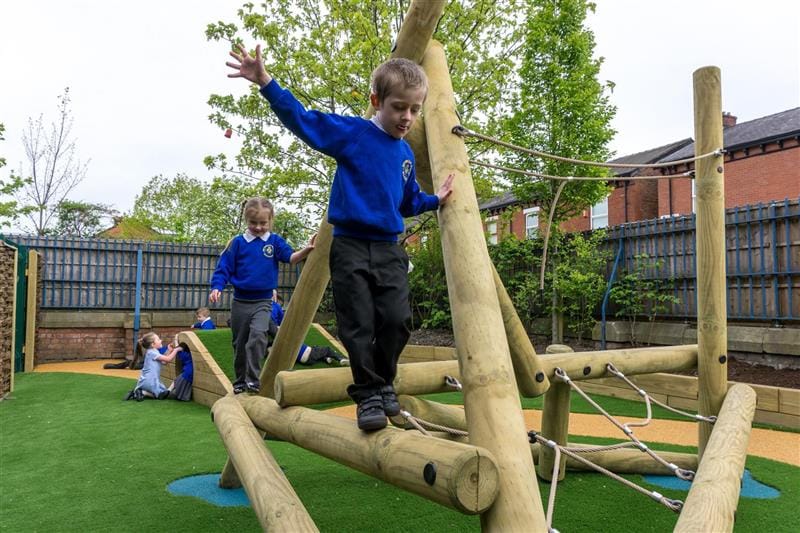
Of course it’s not just about the pandemic.
In April this year, the British Children’s Play survey revealed that today’s children are having to wait longer before they are allowed to play outside unsupervised – they are typically 11 (and no longer in primary school!) while their parents were two years younger – and their play is less adventurous than that of previous generations.
The loss of play is incredibly serious,
It has such wide-ranging impacts on children. But because play is viewed as frivolous we forget all the benefits, which have a long-term effect on children and society as a whole.
Huge numbers of children have had a miserable year, I hope one of the things the pandemic might prompt is a step back to allow a holistic look at children’s lives and wellbeing
We have long been advocates of outdoor play here at Pentagon. The benefits - physically, socially, and mentally - are endless!
Outdoor free play visibly picks children up and switches them on.
It feeds their imaginations, and allows them to grow in all manner of ways.
It’s through play that they learn essential life skills - perseverance and resilience - becoming problem-solvers, forward-thinkers and safe risk-takers.
Crucially, outdoor play is a well known remedy for mitigating stress.
It encompasses the time, space and physical activity they need to ‘escape’ from academic tasks and other pressures - simply being allowed to have fun with their friends and play freely of their own volition, following where their imaginations take them.
This is hugely important for their mental health and wellbeing - now more than ever.
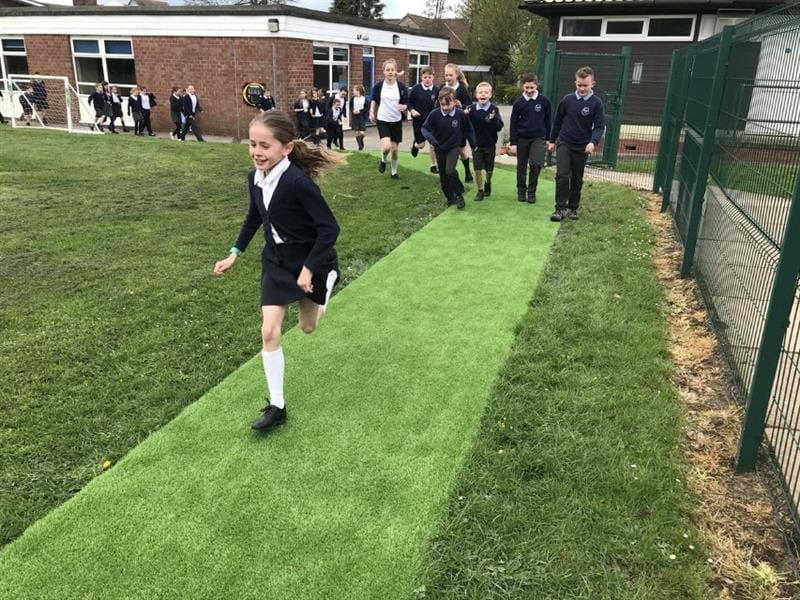
Sticking with it for the Juniors
It’s often as children enter KS2 that the focus on playtime shifts because there is simply “too much” else going on, whether academically or through organised activities.
But the need for imaginative free play doesn’t fade - they need the time and space for those big imaginations, and everything else that comes with it, to grow!
As children continue through primary school, it’s just as important that they get their time to play outdoors, and at this stage play can be much more advanced.
Product Spotlight
It’s an essential part of keeping their bodies and their brains fit, active and healthy as they continue to develop.
And it provides a hugely therapeutic release from stress and anxiety, however caused - especially if they can get some escape outdoors, in the fresh air.
Here are 3 of the best ways that schools can give their juniors a real boost, both for their learning and for their wellbeing (because you can’t truly have one without the other) through outdoor free play during the school day...
Climbing!
Climbing never fails to unleash their natural sense of adventure!
It’s such a fantastic way for juniors to play together creatively - setting their own climbing challenges and challenging each other - and it gets them up and moving!
Climbing offers multiple benefits.
It’s a great form of cardiovascular exercise that leads to major improvement in physical literacy in terms of balance, agility, strength and coordination.
It’s a naturally (and much needed) sociable way to play together and it allows children to experience how it feels to achieve their goals - crucial for building self-confidence and self-belief.
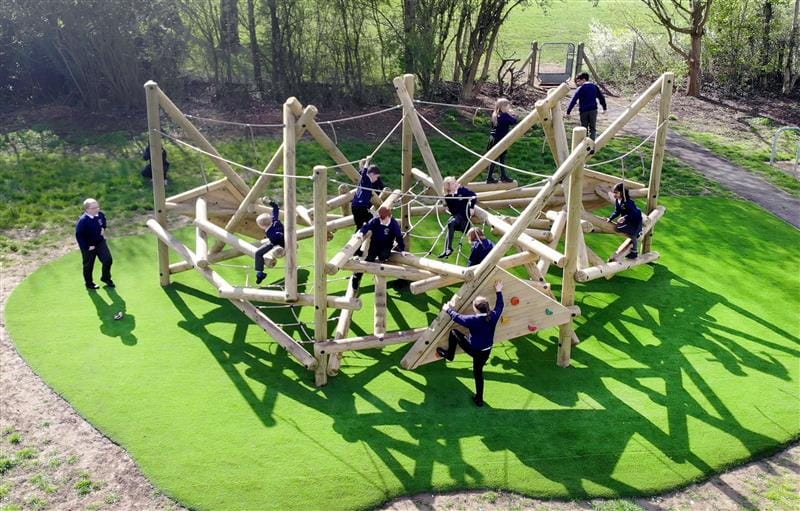
And it’s exciting and invigorating!
Children want to climb, play, have fun and enjoy themselves - it’s all nourishment for their mental health.
We have an outstanding range of playground climbing resources to inspire imaginations and challenge even the boldest of climbers all the way through primary school.
Whether they’re taking on Mount Everest or going for Olympic Gold, our fascinating flexible-entry Climbing Frames are hard to resist.
Den Building and Outdoor Days
Building dens never grows old.
From their early days playing in a cardboard box, to hiding out in a home-built tent, there’s something about making their own space to play, claiming it for their own, that can’t be beaten.
Take a walk through any woodland or public park and if there are enough fallen branches, you’re guaranteed to find some sort of den that has been built by someone!
Den-building is a wonderfully imaginative way to play.
With the right resources children will come up with all sorts of ideas of their own for how to build a den, and what to do with it once it’s built.
And as KS2 pupils are progressing with their physical strength, coordination and motor control, they’re able to build more creative and complex dens themselves without adult intervention.
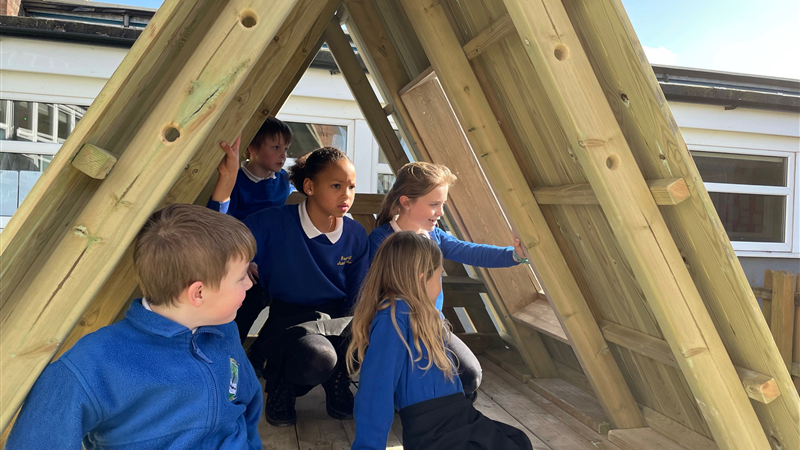
Not just great fun, den-building requires children to solve design problems creatively and to play together with their friends in collaboration - all important life skills that will help them learn how to plan, prioritize, troubleshoot, multitask and negotiate!
These are skills that must be tried, tested and practiced to be learned. In order to do this, children need the time to make up ideas and work things out for themselves, and actually to amuse themselves without anyone doing it for them.
Going outside and working out how to get stuck into something by themselves gives them this opportunity.
We have seen a number of schools planning ‘Outdoor Days’ for their pupils as schools have opened up fully again, all centred around wellbeing.
It’s a wonderful idea, and time for den-building is often an integral part of this.
Once children have built their dens, it’s a great opportunity to put them to good use for free play, PSED, group discussions/circle time and outdoor storytelling - toasted marshmallows to the ready!
Setting the Stage for Improvisation!
Providing KS2 pupils, and particularly the upper juniors, with a focal point of their own for socialising and playing together, makes a huge difference to their playtime experiences.
Somewhere where they can feel more independent and free to be creative with their play, somewhere they can enjoy imaginative games that are more suited to their age group - and something for younger pupils to look forward to as they progress through school - it’s a big deal for them!
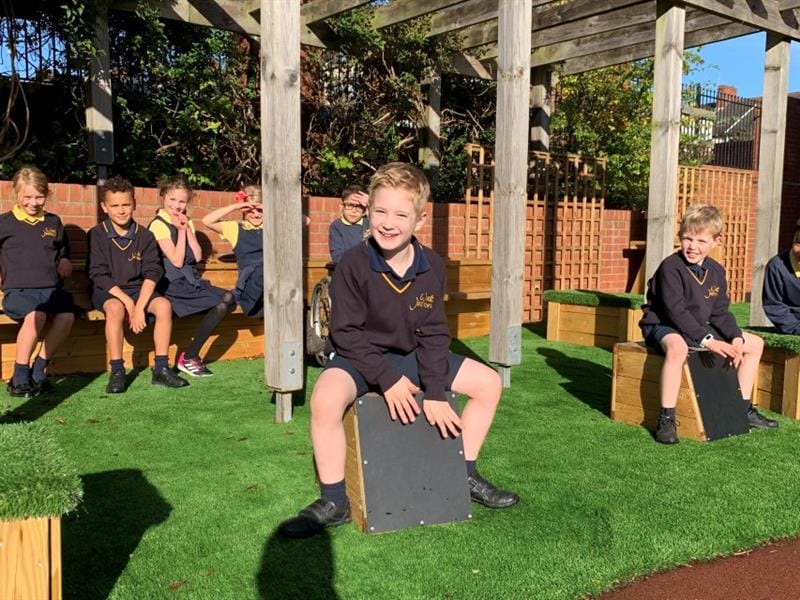
Music, singing, dancing - any form of imaginative, artistic expression that comes into creative play needs a good venue!
For children who love to make up and act out their own plays, the outdoor environment is the perfect space for setting the scene.
We can build bespoke amphitheatres and outdoor performance facilities of all different scopes and sizes - you can view some of our recent exciting outdoor theatre projects here.
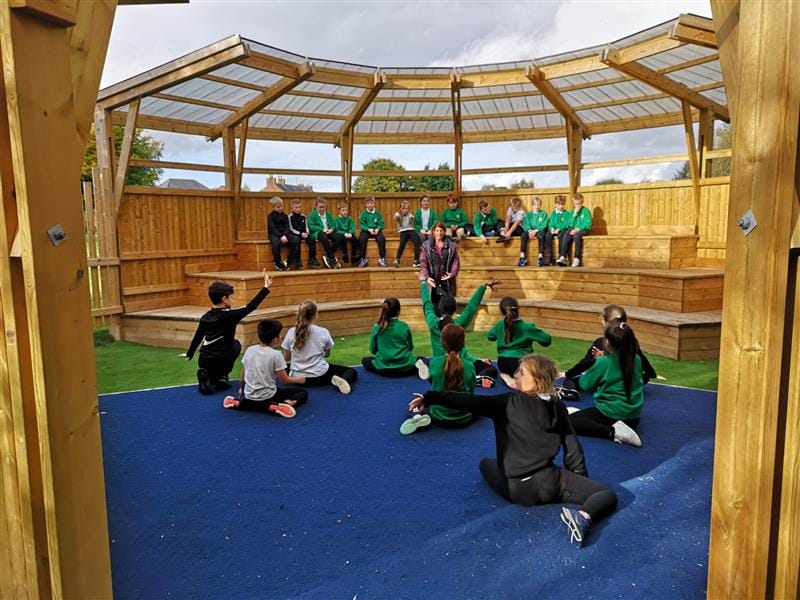
If ball games are more their thing, then a little inspiration from the floor goes a long way!
Our Playground Markings, whether for team-based games or target-hitting fun, can be applied to most playground surfaces.
Simply giving them the freedom to run around together, and make up their own rules for play, is a great place to start.
Providing KS2 children with plentiful opportunities to play freely in safe and supported environments at school, is one of the best things we can do for them...
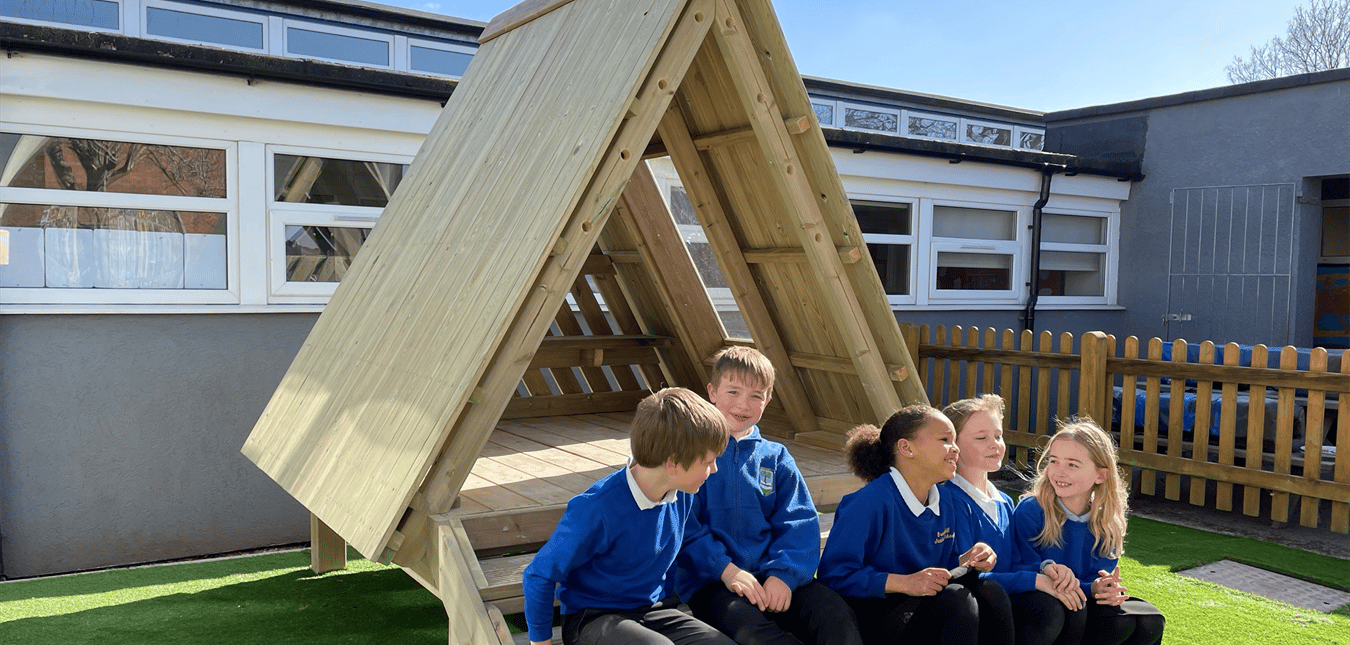
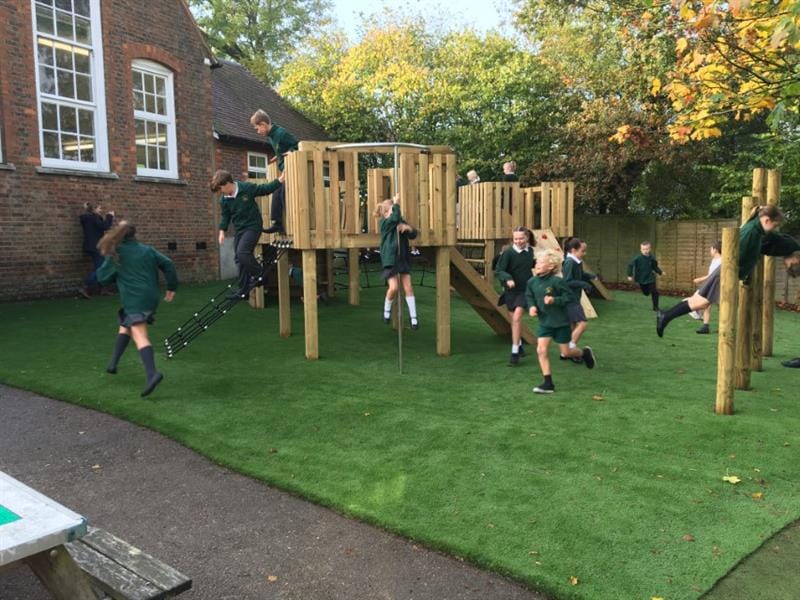
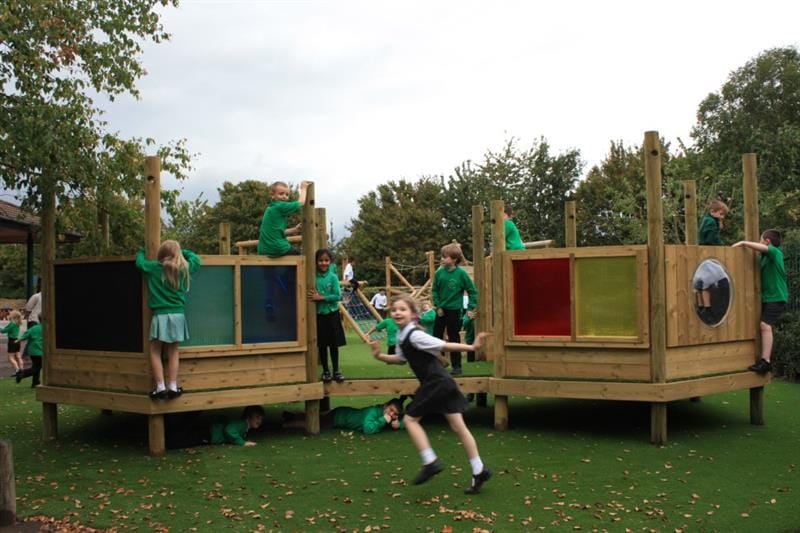
.jpg)
